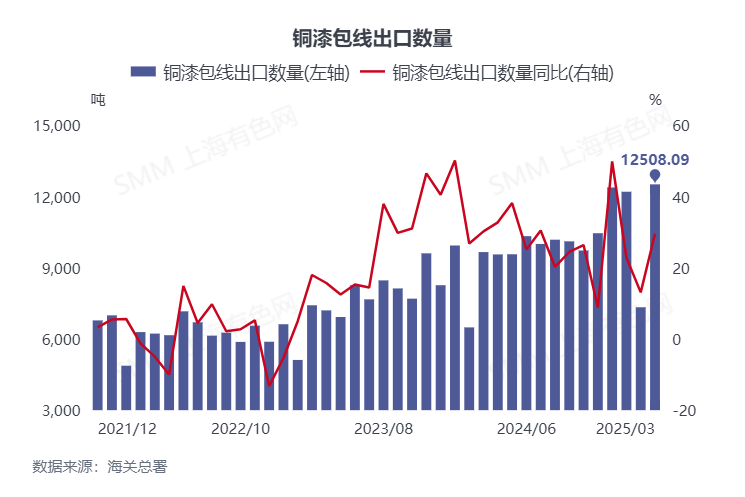RIVERPORT - For some fishers in Nova Scotia this federal election, a lingering sense of grievance toward the Liberals outweighs questions on who can take on U.S. President Donald Trump.
Read this article for free: Already have an account? As we navigate through unprecedented times, our journalists are working harder than ever to bring you the latest local updates to keep you safe and informed. Now, more than ever, we need your support. Starting at $15.

99 plus taxes every four weeks you can access your Brandon Sun online and full access to all content as it appears on our website. or call circulation directly at (204) 727-0527. Your pledge helps to ensure we provide the news that matters most to your community! To continue reading, please subscribe: *$1 will be added to your next bill.
After your 4 weeks access is complete your rate will increase by $4.99 a X percent off the regular rate. RIVERPORT - For some fishers in Nova Scotia this federal election, a lingering sense of grievance toward the Liberals outweighs questions on who can take on U.
S. President Donald Trump. Read unlimited articles for free today: Already have an account? RIVERPORT – For some fishers in Nova Scotia this federal election, a lingering sense of grievance toward the Liberals outweighs questions on who can take on U.
S. President Donald Trump. Aboard his fishing boat at the wharf in Riverport, N.
S., Jason Conrad joined with fellow lobster harvesters Geordy Bennett and Troy Tanner in describing how their loyalties have shifted to the Conservatives over the past decade. “The future doesn’t look great.
You’re not sure about investing in the fishery because you don’t where it’s going to be in 10 years,” said Conrad, a 36-year-old captain. Tanner, 51, doesn’t see the new Liberal Leader Mark Carney as an agent of change. “It seems like everyone thinks Carney is the better guy because of Trump.
But Trump isn’t the problem. We have our own problems,” he said. The U.
S. president’s tariffs on Canadian goods and threats against the country’s sovereignty have upended the first half of the federal election campaign, with Carney’s Liberals steadily rising in the polls. But all three fishers say they intend to cast their vote to re-elect the Conservative candidate Rick Perkins in the riding of South Shore-St.
Margarets, west of Halifax. Perkins won the constituency in 2021, defeating former federal fisheries minister Bernadette Jordan, who had held the riding since 2015. Conrad, who once voted for Jordan, said he’s grown anxious about the fallout from a landmark 1999 Supreme Court of Canada decision affirming that Indigenous fishers have a treaty right to earn a moderate livelihood from their catch, and declaring that Ottawa retained jurisdiction to regulate.
The captain said he welcomes Mi’kmaq fishers who follow federal rules but is upset about First Nations who fish outside the existing regulated seasons, fearing it will harm the stocks. “I’ve got another 25 years of fishing to go, and I’d like to have something to leave my daughters. If it continues the way it’s going, the stocks won’t be able to handle it,” Conrad said.
The fishers are also angry about Ottawa’s transfer of half the 2025 lucrative quota for baby eels — or elvers — to First Nations without compensation. The federal government has said its actions toward the Indigenous fishery have been guided by a desire to promote reconciliation. “I have friends directly involved in that (the quota transfer), and it’s going to be hard on them,” said Bennett, adding he’s distressed by the lack of federal funding for maintaining small-craft harbours.
“A lot of these wharfs, they’re not even fit to tie to,” he said. Alex Marland, a political scientist at Acadia University in Wolfville, N.S.
, says that while the impact of the fisheries vote may matter in close Atlantic races, most voters are concerned about broader issues. “People in Atlantic Canada are going to be thinking about the same two, main ballot questions that most Canadians will: first, who can best defend Canada against Donald Trump, and second, is it time to change government?” he said in a recent interview. Outside the Lunenburg, N.
S., post office, Alice Burdick said she’s decided to vote for the Liberals, believing they are the best positioned to defeat the Conservatives. “Right now, it’s not just about Carney, but also about Poilievre, and him being too much in alignment with Trump,” said Burdick, the co-owner of a bookstore in the town.
“There are some larger issues at stake, such as the tariff issue, and everybody is going to be affected by how our leaders handle that, including fishers,” she said. Meanwhile, the Liberals may benefit from the votes of some Indigenous fishers attempting to enter the industry. Blaise Sylliboy, an elver and lobster fisher from Eskasoni First Nation, said he believes the Liberals are more concerned than the Tories about reconciliation with First Nations.
“I’m not a big fan of Pierre Poilievre. ..
. The Liberal side has been working with us (Indigenous fishers) ..
. I’d be more on the Liberal side than anything,” Sylliboy said. Outside the Conservative campaign office in Bridgewater, N.
S., Perkins says Ottawa’s fisheries management “is the number 1 issue in this riding,” adding, “I was put in to be the voice of the fishermen.” He estimates there are 7,000 commercial fishers in the riding, which has about 70,000 voters.
Along with the fishers themselves, there are family members and employees of processing factories who will be voting, Perkins said. Perkins said the Liberal government hasn’t enforced fisheries rules and “the result of that is massive illegal poaching in both the lobster and elver fisheries, destroying those stocks.” The federal Fisheries Department has said, “Fishery officers are patrolling rivers, inspecting holding facilities and export points, working with law enforcement partners to enforce the Fisheries Act.
” Perkins says if elected he wouldn’t support the transfer of elver quota from existing licence holders without compensation. Instead, the incumbent said he prefers the approach of “willing buyer-willing seller,” where Ottawa only transfers a licence to a new entrant if there is a fisher willing to sell. Jessica Fancy-Landry, the federal Liberal candidate in the riding, said in an interview that while fisheries issues are being discussed, she’s also hearing about inflation, housing and the question of which leader is best positioned to negotiate with Trump.
The 42-year-old teacher said that from the outset of her campaign she’s held meetings in fishing communities, and told fishers she would voice their concerns in Ottawa if her party forms government. “Having a Liberal in this riding is going to go a long way in terms of me listening to the people and being able to bring change in a more immediate manner,” she said. But Conrad says he’s hoping for a Conservative government, and perhaps even a fisheries minister who agrees with his positions.
“Poilievre is a little radical at times but ...
you need someone to step up and say ‘No, enough is enough,'” he said. This report by The Canadian Press was first published April 12, 2025. Advertisement Advertisement.
















